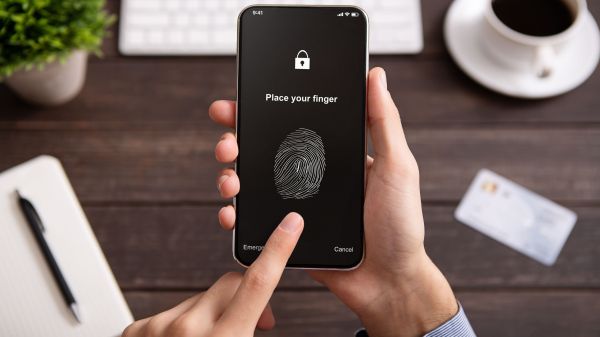Here’s a warning we never thought we’d have to give: when you’re in an audio or video call on your phone, avoid the temptation to doomscroll or use an app that requires a lot of swiping. Doing so just might save you from getting your identity stolen through the most improbable vector imaginable — by listening to the sound your fingerprints make on the phone’s screen (PDF).
Now, we love a good side-channel attack as much as anyone, and we’ve covered a lot of them over the years. But things like exfiltrating data by blinking hard drive lights or turning GPUs into radio transmitters always seemed a little far-fetched to be the basis of a field-practical exploit. But PrintListener, as [Man Zhou] et al dub their experimental system, seems much more feasible, even if it requires a ton of complex math and some AI help. At the heart of the attack are the nearly imperceptible sounds caused by friction between a user’s fingerprints and the glass screen on the phone. These sounds are recorded along with whatever else is going on at the time, such as a video conference or an online gaming session. The recordings are preprocessed to remove background noise and subjected to spectral analysis, which is sensitive enough to detect the whorls, loops, and arches of the unsuspecting user’s finger.
Once fingerprint patterns have been extracted, they’re used to synthesize a set of five similar fingerprints using MasterPrint, a generative adversarial network (GAN). MasterPrint can generate fingerprints that can unlock phones all by itself, but seeding the process with patterns from a specific user increases the odds of success. The researchers claim they can defeat Automatic Fingerprint Identification System (AFIS) readers between 9% and 30% of the time using PrintListener — not fabulous performance, but still pretty scary given how new this is.











